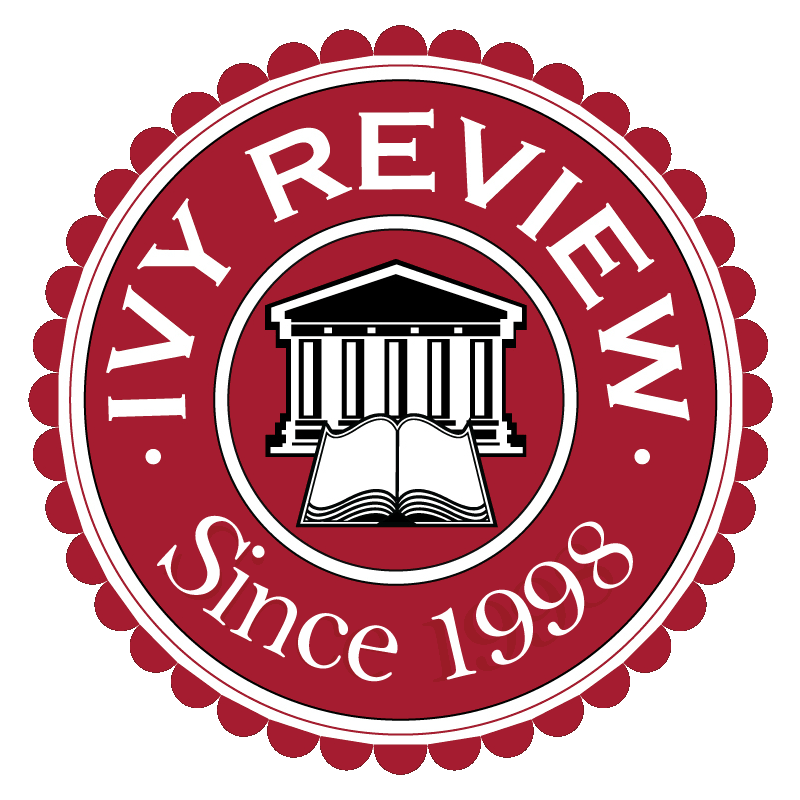
Courtesy of Pexels
Even though many school districts are turning to online learning for the foreseeable future, students still need to choose what classes they’ll take next year. In the spring, students typically decide what core classes and electives best fit their academic and extracurricular goals. However, course selection is more difficult than they often realize because it requires long-term planning and logical thinking. If your child is beginning to think about next year’s course load, you should encourage him or she to think about three important aspects: rigor, time commitment, and enjoyment.
One mistake students tend to make is loading up their schedule with the hardest classes offered, which tend to be AP- or IB-level. Challenging oneself should be a priority, but not the expense of failing one or multiple classes because the material is too difficult. Students should feel confident in their ability to succeed in each class, even if that means choosing an AP level for math and an honors level for English. Instead of stacking the most rigorous classes possible, students should take their strengths and weaknesses into account and consider how well they’ll excel in the regular, honors, and AP class for each subject.
Being a high school student goes beyond classes. Extracurricular activities can sometimes take up just as much time as academic obligations. From being on a sports team to working a part-time job, students spend their time before and after in activities unrelated to their classes. Therefore, they need to think about the time commitment of each class. Typically, a more rigorous class constitutes more work, whether that be studying for exams or traditional written work, but it depends on the individual class and instructor. If a student is an incoming senior and applying to college, he or she needs to count the application process as an additional extracurricular activity from September to January.
In exploring their passions outside of school, students sometimes forget to pursue their passions in their classes. They take classes that would look best on college applications. While building a balanced schedule of STEM and humanities classes is important, students should take classes they enjoy, especially if they’re particularly rigorous and time-consuming. Students are most likely to succeed if they take pleasure in learning the material. For instance, if a student loves history, he or she should choose an elective history course instead of a math or science course (which he or she may think looks better on an application).
Knowing how to guide your child’s course selection may seem like a difficult task without the input of a guidance counselor. Sign up for a 1-hour consultation to get a better understanding of choosing the best classes for your child’s success and in preparation for the college admissions process.

Comments